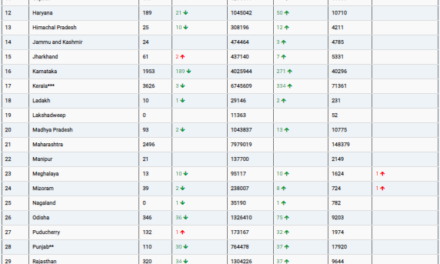Researchers at the University of Copenhagen’s Colombani Andersen lab have uncovered fascinating insights into gut plasticity using the fruit fly, Drosophila, shedding light on how the gut adapts to changing nutritional conditions. The findings, published in the scientific journal Nature Communications, offer crucial implications for understanding human health, including pregnancy, and potential avenues for colorectal cancer treatment.
Gut plasticity refers to the remarkable ability of the digestive system to resize and adapt in response to various stimuli, such as fasting or feeding. Dr. Ditte S. Andersen, leading the study, explains, “Taking advantage of the broad genetic toolbox available in the fruit fly, we have investigated the mechanisms underpinning nutrient-dependent gut resizing.”
The research highlights that nutrient deprivation leads to an accumulation of progenitor cells in the gut, which fail to differentiate into mature cells, causing the gut to shrink. However, upon refeeding, these stalled progenitor cells readily differentiate into mature cells, promoting regrowth of the gut. This process underscores the gut’s remarkable capacity for resilience and adaptability.
Crucially, the study identifies activins as critical regulators of this process. Activins, signaling molecules, play a pivotal role in promoting progenitor cell maturation and gut resizing in response to refeeding. Dr. Andersen notes, “In nutrient-restrictive conditions, activin signaling is strongly repressed, while it is reactivated and required for progenitor maturation and gut resizing in response to refeeding.”
The implications of these findings extend beyond understanding gut physiology. Dr. Andersen emphasizes that regulators of organ plasticity are essential for host adaptation to changing environments. However, these same signals are often deregulated in cancers. Mutations affecting activin signaling are frequent in cancer cells in various tissues, including colorectal cancer.
“Our study provides a starting point for investigating the link between aberrant activin signaling and the development of colorectal cancers,” explains Dr. Andersen. The research sets the stage for exploring the potential efficacy of anti-activin therapeutic strategies in treating colorectal cancers, offering new avenues for combating this prevalent and challenging disease.
In addition to advancing our understanding of gut plasticity, the study underscores the importance of basic research in model organisms like fruit flies for uncovering fundamental biological mechanisms with broad implications for human health and disease.











